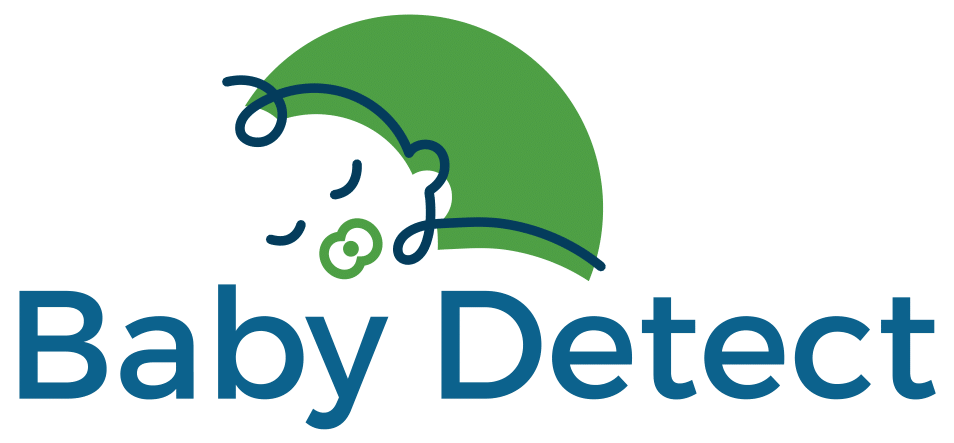ASL gene.
Also known as: Argininosuccinase Deficiency; Argininosuccinate Lyase Deficiency; ASL deficiency; Argininosuccinic acid lyase deficiency; ASA.
(OMIM#207900)
1. The disease
Rare genetic disorder of urea cycle metabolism typically characterized by either a severe, neonatal-onset form that manifests with hyperammonemia accompanied with vomiting, hypothermia, lethargy and poor feeding in the first few days of life, or late-onset forms that manifest with stress- or infection-induced episodic hyperammonemia or, in some, behavioral abnormalities and/or learning disabilities, or chronic liver disease. Patients often manifest liver dysfunction. Lack of early signs or symptoms does not exclude the diagnosis.
2. The symptoms
ASA can have a variable clinical picture with either a neonatal-onset or a late-onset (at any age outside the newborn period). Neonates with severe form of ASA usually appear normal during the first 24-48 hours after birth but within a few days present with severe hyperammonemia manifesting with lethargy, somnolence, refusal to feed, vomiting, tachypnea and respiratory alkalosis. If untreated, worsening lethargy, seizures, coma and death may occur. Late-onset ASA is usually triggered by an acute infection, stress or after high protein intake. A presentation of late-onset cognitive impairment or learning disabilities in the absence of hyperammonemic episodes has also been reported. Some patients can be clinically asymptomatic despite showing clear biochemical signs of the disease.
3. Actions to take in case of early diagnosis
- Infants with a positive genetic test should continue breastfeeding and avoid baby formulas.
- Biochemical correlation is essential for confirming diagnosis with plasma quantitative amino acid, ammonia levels and urinary organic acids. Biochemical newborn screening with tandem mass spectrometry can also help (high ASA in filter paper). Nitrogen scavenging therapy (with sodium benzoate and/or sodium phenylacetate/phenylbutyrate) should normalize ammonia levels.
- ASA is a lifelong disease that requires lifetime management and regular follow-up with a metabolic physician and dietician, a part from a multidisciplinary approach to care.
- Genetic counseling is highly recommended for family planning and evaluation of at-risk family members such as siblings.
4. More informations
- Orphanet: https://www.orpha.net/consor/cgi-bin/Disease_Search.php?lng=EN&data_id=459&Disease_Disease_Search_diseaseGroup=Argininosuccinic-aciduria&Disease_Disease_Search_diseaseType=Pat&Disease(s)/group%20of%20diseases=Argininosuccinic-aciduria&title=Argininosuccinic%20aciduria&search=Disease_Search_Simple
- Biblio: https://www.ncbi.nlm.nih.gov/books/NBK51784/
